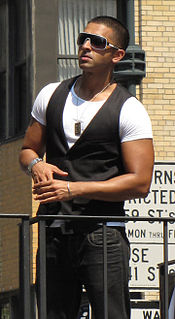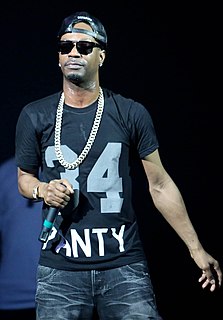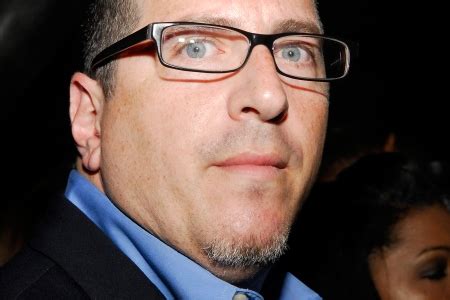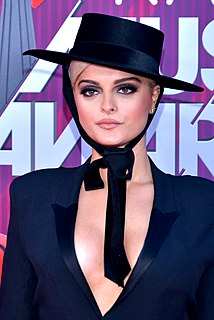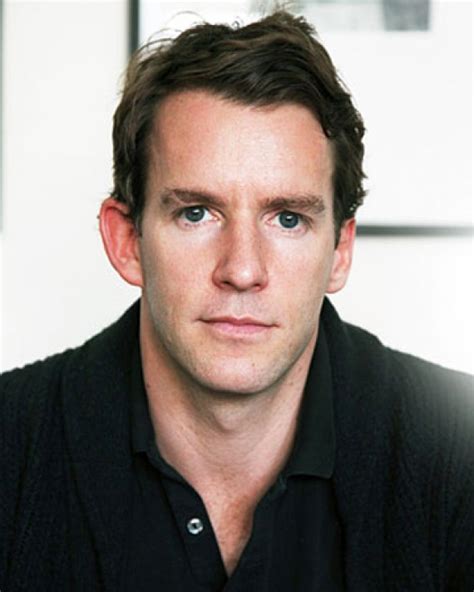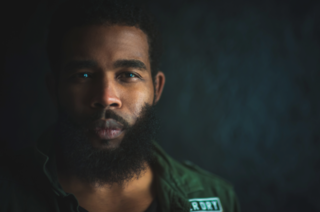A Quote by Elizabeth Flock
2017 saw a slew of big pop and hip-hop records, a number of breakout female singer-songwriters and all-girl bands, and the return of beloved '60s soul artist Don Bryant and pop star Kesha.
Related Quotes
My definition of hip hop is taking elements from many other spheres of music to make hip hop. Whether it be breakbeat, whether it be the groove and grunt of James Brown or the pickle-pop sounds of Kraftwerk or Yellow Magic Orchestra, hip hop is also part of what they call hip-house now, or trip hop, or even parts of drum n' bass.
I lived in Italy for a number of years and I was really digging around trying to get my hands dirty, trying to learn about Italian music. And what I ended up gravitating towards was this stuff from the '50s and '60s and maybe early '70s, where there were these incredibly talented pop singers that weren't using pop bands.
There needs to be structures in place to do something about misrepresentation about hip hop. When awards are given out and the media talk about hip hop, they're confused because they haven't done their homework on it so you have a case where there's an award for the most pop song in the world and it's called 'hip hop'.

